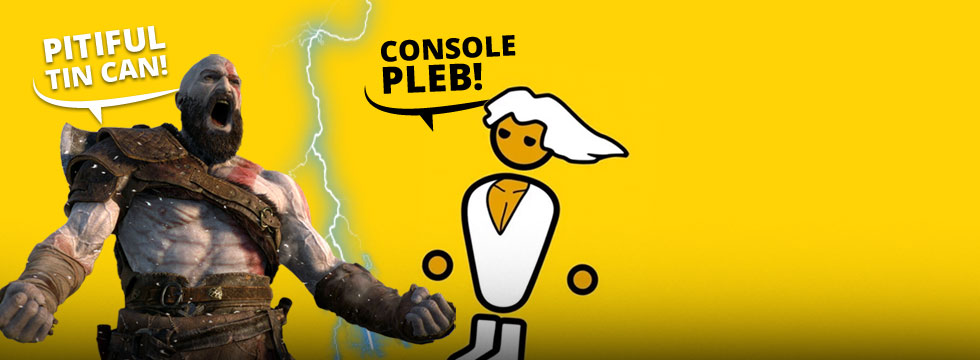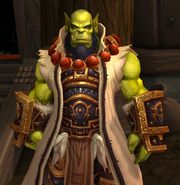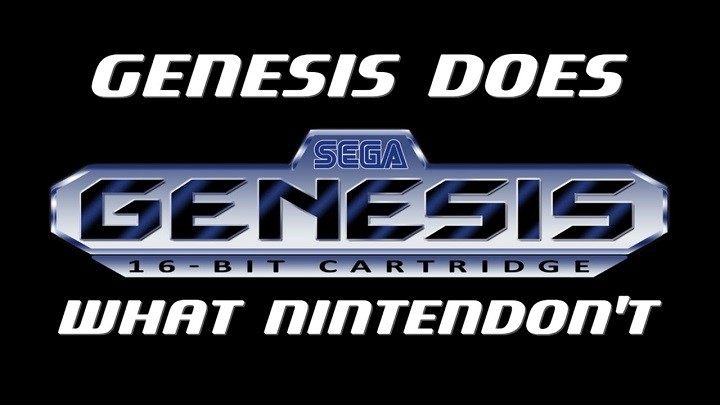Tribes of players. Gaming Tribalism – Why do Players Divide and Fight?

Tribes of players
But how do you apply all these concepts and theories to the gaming community? Well, like any larger group, gamers make up smaller “tribes” that venerate individual franchises, specific hardware, or genres of games. And whether it is expressed with opening a subreddit, a group on Discord, or generating gigabytes of disturbing, borderline-pornography fan work that would be banned on a dozen planets (yes, I'm looking at you, fans of Katawa Shoujo, Undertale and Final Fantasy 7).

Why did I write “venerate”? It looks like a misused word more appropriate for some TV show demonizing video games. Perhaps, but only on the semantical level. After all, there’s a world of difference between being a fan and a worshipper. On the emotional level, however, the differences between a sober experience of reality, and religious metaphorization tend to become blurry.
One of the most important ingredients of the development of tribal culture is the worship of a common deity, which allows maintaining coherence of the group.
But what does “worshipping” mean?
In general, it boils down to cultivating a kind of tradition, including organizing regular ceremonies. The ceremony, or at least its central point, is led by a priest — usually very charismatic — who is more or less the formal leader of the community. The whole event is focused around a totem, which is an image of the deity.
Sound like a bunch of crap? What if we swap the word "deity" with "idea," or even "brand," and the word "ceremony" with "convention," or "conference"...? That’s where the fun starts.
Of course, there will be people claiming they never participated in such events, and the concept of a console embodied in the form of its logo doesn't really raise their heartbeat. However, they probably express their tribal instinct in a different, slightly more indirect way — the ceremony doesn't have to be a big party – writing about the game on the forum or reading reviews also counts. After removing the social aspect, it can even be the ritual of sitting down to play — turning off the lights, putting on the headphones, cutting off from the world to quietly roam the space station's hallways in Alien: Isolation. In this case, however, we shift from tribalism to mythologization of the individual’s relationship with games, which is an altogether different, though equally captivating, matter.

Religious poetics are not an alien concept to the players. For years, the circles of disappointed Kickstarter users have been sharing a joke about Chris Roberts' church, whose “pope,” like Joseph Seed, gathers thousands of followers, who uncritically adore his, forever unfinished, Star Citizen, and the man monetizes this veneration like the most business-inclined preachers.
The Twitch Plays Pokémon event, where Twitch users – via chat messages – controlled the red version of Pokemon launched on an emulator, religious metaphors were also used. Pidgeotto, occupying a prominent spot in this incarnation of Red, was proclaimed, for example, the Bird Jesus.
Speaking of non-human Jesuses — does anyone else remember Thrall?
It is also worth taking a closer look at tribal leaders. In the gaming world, it's usually famous members of the industry — developers, journalists, youtubers, speedrunners, or other sorts of connoisseurs. They all have that little something in them that can turn a provincial parish priest into a hit teleevangelist. In addition to being the face of the community, they also perform the functions that once were the domain of priests and shamans. They explain to people the idea that unites them. They're intermediaries. And through this mediation, they themselves become – in a sense – symbols, gather their own following. Gabe Newell stylized for a saint is no accident. And although it's a caricature, which is more of a jab aimed at Valve than an expression of religious veneration, the metaphor is not in the least accidental.

The leaders also create the mythology of their community. And it doesn't matter that it's legions of marketing people that are responsible for this — Tim Sweeney remains the face of the Great Oddysey of PC Liberation. Myths, however, are essential to any tribe to satisfy the need for a simple, clear-cut picture of the world. They distinguish the group from the environment, at the same time giving it a sense of uniqueness, such as the founding myth of the PC Master Race camp about stupid consoles and a race of masters spending untold amounts of gold to upgrade their machines.
Console wars
It's easy to imagine that this kind of symbolism often ignites conflicts between different groups. And that, too, is the responsibility of the leaders. The original hunter-gatherer societies were egalitarian by default, naturally opposing attempts of domination. They were reminiscent of communes, where everyone cooperates to achieve survival. Such communities were not keen on fighting others. Archaeological data show that a significant increase in aggression occurred only when primary, egalitarian societies were transformed into larger communities, controlled by limited groups, or even individuals. And it were the leaders who saw the advantage in conquering others, or in competing more aggressively. What follows is that it's not tribal divisions that cause war, but rather it’s war that prompts tribal divisions.
This seems to correspond well with the history of console wars. In ancient times of the sixteen-bit, Sega and Nintendo entered a knife fight, not hesitating to brutally attack the opponent, using marketing slogans that were nearing manipulation. For example, the famous ‘blast processing’ in Mega Drive — was a feature that only provided slightly more efficient scrolling, but was framed as the Nintendo killer. Yes, the advertisements consisted of directly offending the competitor's hardware.

Today, the war is much less brutal; it could actually be called a ceasefire, with the above history in mind. However, creating hostility is still a viable marketing strategy in the gaming industry and beyond, although it's now mostly apparent in Steam's conflict with the Epic Games Store. Maybe the 16-bit consoles just had to indulge in a little hate to counteract the cuteness of their mascots. Today, since we have Mortal Kombat, aggression can be vented much more efficiently.